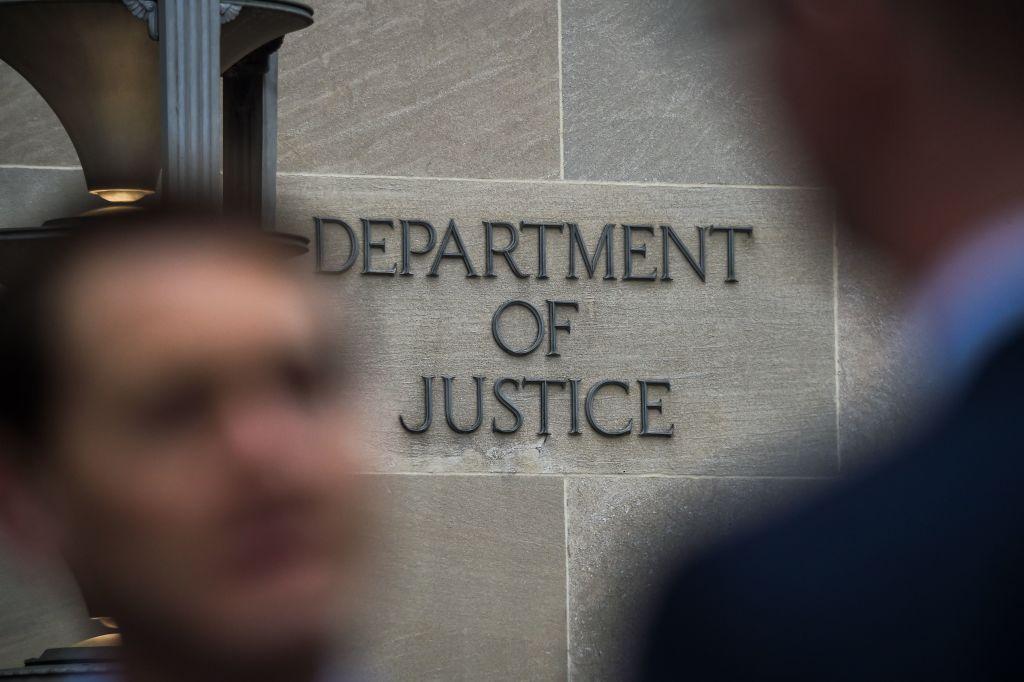NEW YORK—Three Chinese nationals were charged last week with importing and distributing fentanyl as part of an international drug operation they ran with other distributors, including a former county deputy sheriff in Pennsylvania, U.S. authorities said.
Five individuals from Illinois, Ohio, Georgia, and Tennessee later overdosed and died as a result of the defendants’ distribution of the drug.





